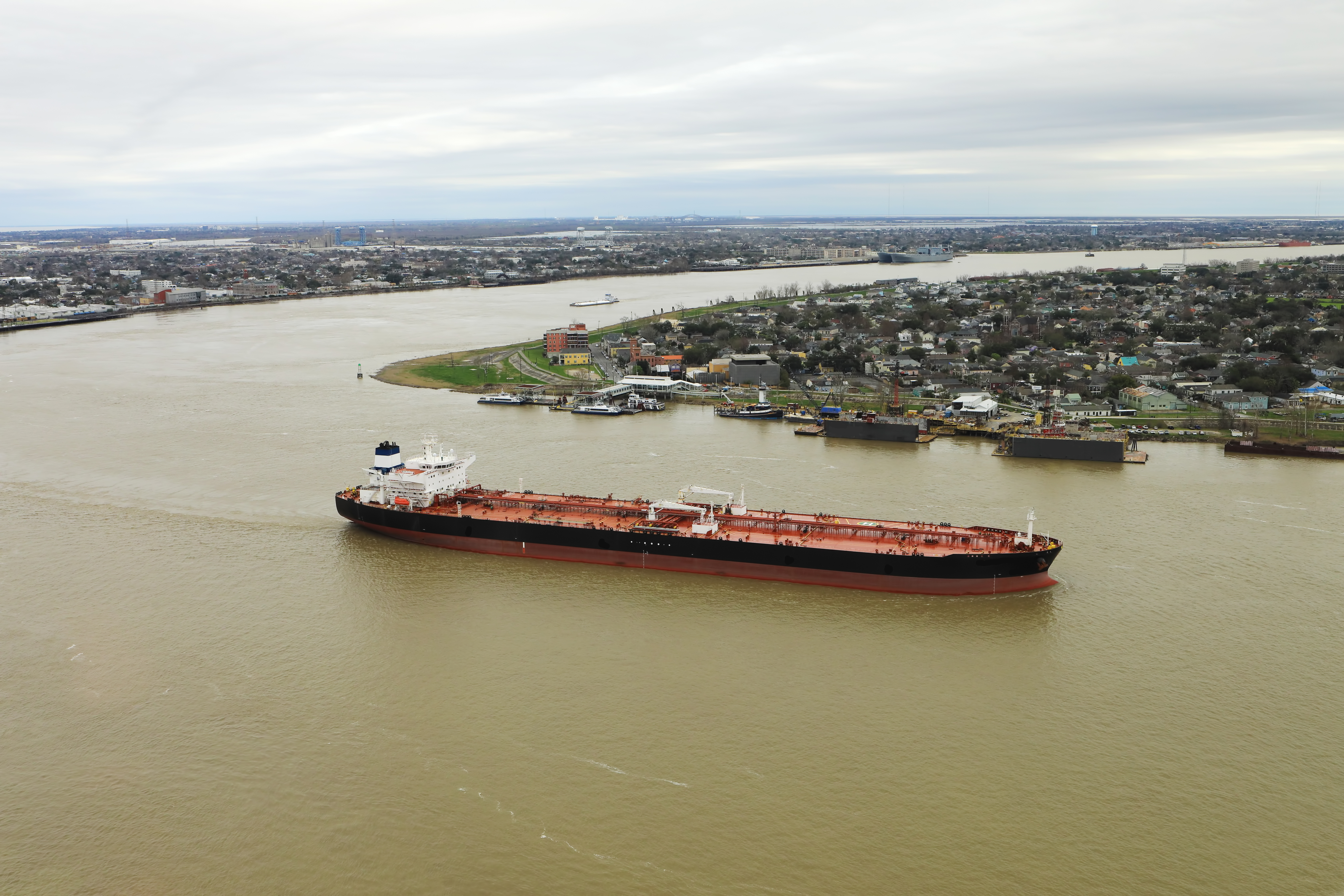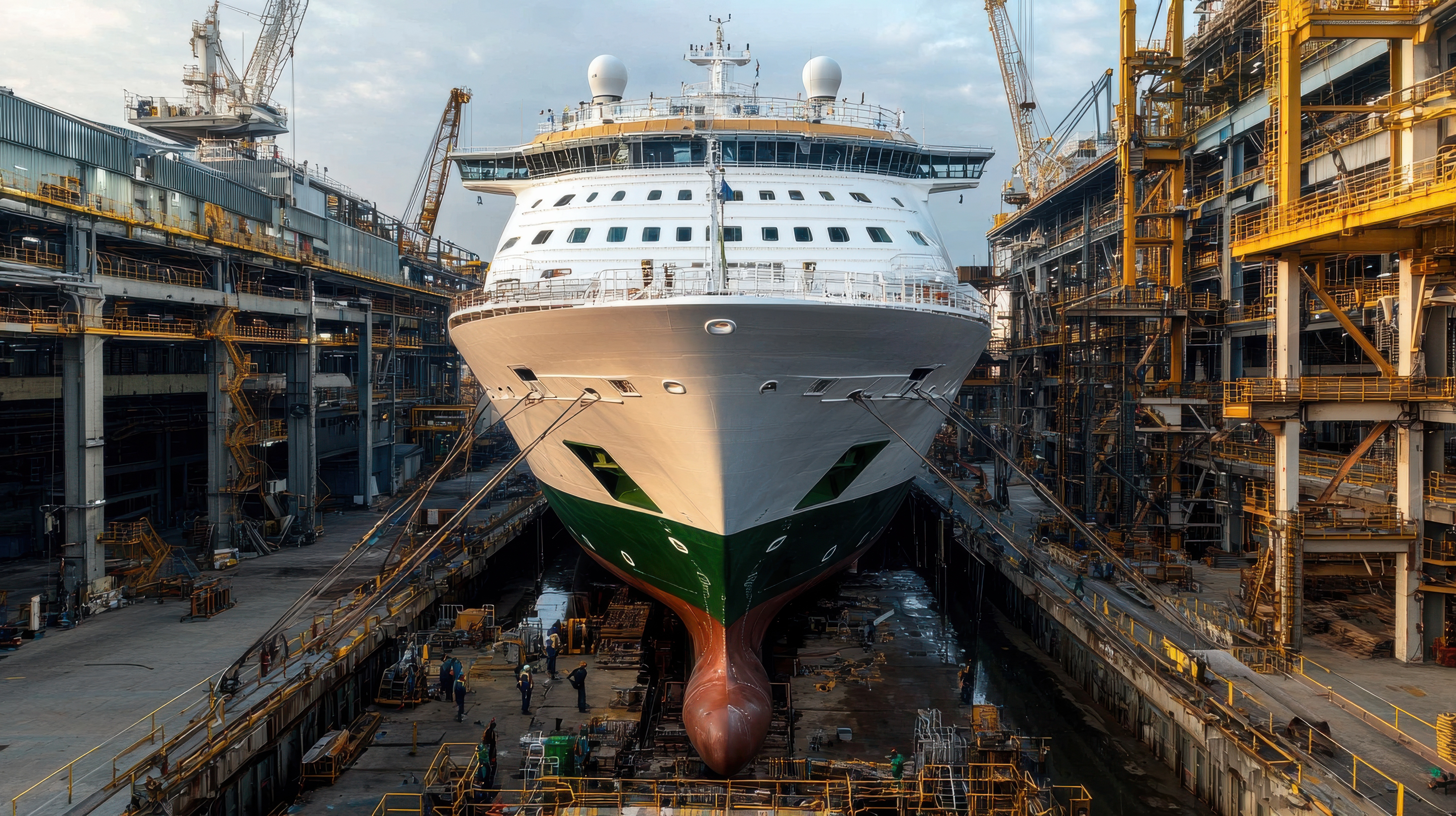![QCR Autumn 2021: The "CARAKA JAYA NIAGA III-11" [2021] SGHC 43](/fileadmin/uploads/ukpandi/Header_Images/qcr-thumbnail-no-logo.jpg)
Single liability principle does not operate in a collision claim where the claim of one of the shipowners is time-barred
The “CARAKA JAYA NIAGA III-11” [2021] SGHC 43
Introduction - Single liability principle
Where two vessels are involved in a collision and both vessels are to blame for the collision, the general rule is that liability is apportioned according to the degree to which each vessel was at fault. Depending on the apportionment of liability and the recoverable quantum of each shipowner’s loss and damage, one shipowner may be either the net payor or the net payee. Applying the single liability principle, the quantum of the smaller recoverable claim is deducted from the quantum of the larger recoverable claim, leaving only one net balance to be paid by the net payor to the net payee.
Facts
The plaintiffs are the registered owner and demise charterer of the “Grand Ace12”. The defendant is the demise charterer of the “Caraka Jaya Niaga III-11”. A collision occurred between both vessels and the parties claimed to have suffered loss and damage as a result of the collision.
Under s.8 of the Maritime Conventions Act 1911 (“MCA”), there is a two year limitation period to commence proceedings for collision claims. While the plaintiffs had issued their writ within the limitation period, the defendant failed to do so. The defendant’s claim or counterclaim was therefore time-barred.
The plaintiffs and defendant entered into a Consent Judgment which provided that the plaintiffs shall bear 40% of the blame for the collision and the defendant 60% of the blame. The Consent Judgment was entered into without prejudice to the defendant’s reliance on the single liability principle and without prejudice to the plaintiffs’ right to challenge the defendant’s reliance on the single liability principle when so presented or argued.
The issue was whether the defendant (as net payor) could rely on the single liability principle to diminish or reduce the plaintiffs’ claim in circumstances where the defendant’s counterclaim against the plaintiffs was time barred.
Judgment
The Singapore High Court held that the defendant was not entitled to rely on the single liability principle as the principle does not apply or operate in a case where s.8 of the MCA prevents the defendant from bringing or maintaining proceedings (including a counterclaim) in the first place.
The Court also stated, amongst other things, that:
- The single liability principle presupposes the existence of valid or maintainable claims and cross-claims or counterclaims. As such, it requires that both the claim and the cross-claim (or counterclaim) are maintainable and not time-barred.
- The single liability principle is not based on equity and fairness in that one party should not be made to pay more than it should when the other party was also partly to blame for the collision. Instead, it was borne out of a procedure that was applied in the English Court of Admiralty, which operates on the premise that both shipowners’ claims and counterclaims or cross-claims are not time-barred.
- The single liability principle does not pertain to set-off or constitute a form of set-off.
Comments
The Singapore Court’s decision serves as a useful reminder to Members to be aware of and comply with limitation periods in maritime claims. Members with any potential counterclaims in a collision case will have to consider issuing a Writ within the limitation period to ensure that they are not time-barred from relying on defensive options such as the single liability principle. As the Court cautioned, “I do not think that a shipowner who expects to be the net payor can instead of issuing proceedings in time, sit back, do nothing and rely on the single liability principle to defend himself simply because “[h]e is not bringing proceedings”.




